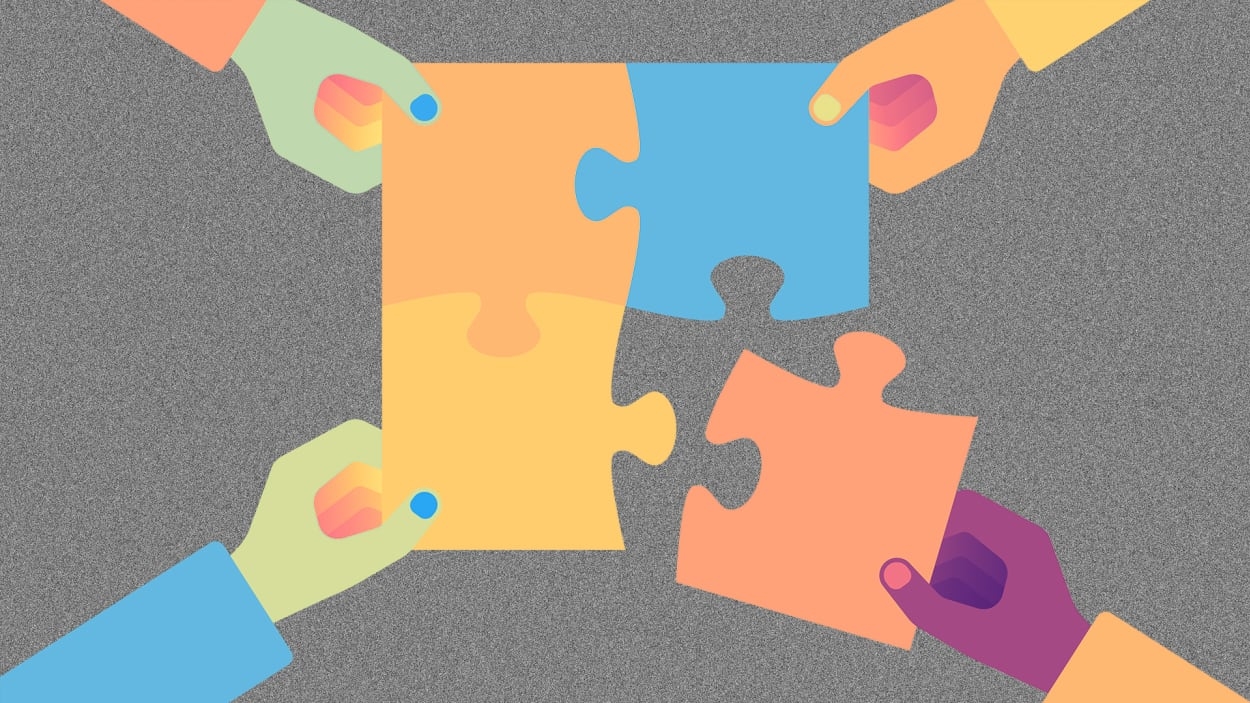What we must do now to truly diversify the face of leadership
For far too long, the homogeneity of leadership positions in our society has stifled innovation and led to a lack of empathy and understanding for those who don’t fit into the traditional mold.
Diversity is the catalyst for innovation, and our failure to diversify the face of leadership has only served to hold us back as a whole. There’s a misperception that only minority groups benefit from DEI initiatives, but the truth is, we all stand to gain when we embrace inclusion.
Coddling Leaders Prevents Progress
Some of the biggest obstacles to diversity and inclusion practices are defensiveness, anger, and hostility, which arise when asked to consider leaders hold privileges or when they’re confronted with issues of race and racism. These reactions only reinforce the status quo and delay progress.
Not wanting to risk wounded egos, many organizations still hold the hands of white male leaders, coddling them while simultaneously begging for change. But this only serves to perpetuate the cycle of privilege and a sense of overinflated confidence that has led us to this point.
In order to move toward a more inclusive future, we need to first address the fears of those who have benefitted from this current system.
We need to have difficult conversations, push past discomfort, and create space for additional, different voices to be heard. Only then can we hope to appoint, hire, and promote more women and minority leaders who can better reflect the diversity of our society.
Prioritizing Diverse Leadership Over Inflamed Egos
Will a focus on diversity take some seats away from cis white males? More seats don’t magically appear because we prioritize inclusive hiring and promotion practices. But this doesn’t mean anyone is being put at a disadvantage. Though seats won’t magically appear, space can be built if we are strategic in growing. Managing a workplace that works for all takes more people and more leaders because increased service/product growth demands it.
Prioritizing diverse leadership isn’t about taking anything away from white cis men–it’s about expanding the definition of leadership to include those who have been traditionally underrepresented. It’s about creating opportunities for everyone so we can all benefit from the unique perspectives and experiences that different voices bring to the table.
DEI initiatives are not a zero-sum game. We can all win when we commit to making our organizations more inclusive and representative of the people they serve.
What we simply cannot afford to do is to continue coddling overrepresented groups at the expense of progress. We need to be honest about the fact that an uneven playing field has created an inherent expectation that makes equity feel unfair to those who have always had the advantage. We need to disrupt, evolve, and innovate the current state of leadership without embodying the very thing we’re trying to move away from.
Rewarding Competency over Confidence
Diversity and inclusion were hot buzzwords, but we already see the decline in focus. It seems every major organization hopped on the bandwagon in the past two years, yet ompanies that seemingly value DEI still have white cis males overrepresented in positions of power. Homogeneous leadership teams are wielding their fear over the workforce contributing to the Great Resignation and Quiet Quitting.
We say we hire the best person for the job. Instead, we often reward confidence over competence. We value those who project an image of ease and authority, even when they lack the substance to back it up.
Of course, this perception is colored by society’s biases. Simply put, we’re used to seeing white men in leadership roles, so we assume, at least on some level, they must be the most qualified. This only amplifies their attitudes, as white men are socialized to believe that they are the natural leaders of our society.
We say we don’t focus on race or gender, only on the ability to do the job, but part of disrupting the status quo is to change our perception of what a leader looks like.
What’s more, we need to shift our focus from confidence to competency. Too often, people in leadership positions are rewarded for their bravado rather than their ability to get results. But, as we all know, getting the job done and getting the job done well aren’t always the same thing.
When we shift our focus in this way, we open up opportunities for a wider range of people to step into leadership positions. We also set the stage for increased innovative thinking, as those who have been traditionally underrepresented often have fresh perspectives that can contribute to the organization’s bottom line.
An increasingly complex and multifaceted world requires fresh perspectives to meet the challenges of tomorrow. If we continue to value the same perspectives and do things the way we’ve always done them, we’ll continue to achieve the results we currently have without the ability to be forward-thinking.
Stacey Gordon is founder and principal consultant at Rework Work, and author of Unbias: Addressing Unconscious Bias at Work. She’s been leading a series of online town halls on diversity and ERG on LinkedIn. The next two are Oct. 19 and Oct. 25.
(32)



